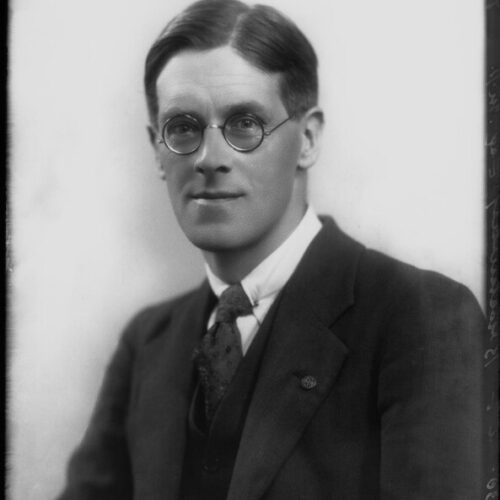

I had long put on one side the purist pacifist view that one should have nothing to do with a social revolution if any violence were involved… Nevertheless, the conviction remained in my mind that any revolution would fail to establish freedom and fraternity in proportion to its use of violence, that the use of violence inevitably brought in its train domination, repression, cruelty.
Fenner Brockway, Inside the Left (1942)
Fenner Brockway was a politician, writer and activist, who is perhaps best-known for his work in campaigning for world peace and an end to racial inequality. Brockway was motivated by and committed to humanist ideals throughout his life and career. His belief in peace, prosperity and equality for all, regardless of background, permeated all his campaigns and letters.
Through his humanist convictions and pacifist campaigning, he became involved with the British Humanist Association (now Humanists UK), where he served on the association’s advisory council.
Born in Calcutta in British India before moving to London, he would become a staunch anti-colonialist, serving as a member of organisations such as the League Against Imperialism and, later, the Movement for Colonial Freedom. As a journalist, he wrote fiercely against Britain’s participation in the First World War, and helped to found the No-Conscription Fellowship (a pacifist organisation which also included prominent figures such as Bertrand Russell among its ranks). His writings and activities for both this group and with the Independent Labour Party, whom he joined in 1907, saw him arrested and imprisoned multiple times during the war. Although he went on to support armed resistance efforts against Fascists, during both the Spanish Civil War and World War Two, he remained committed to world peace, maintaining his position as Chair of the Central Board of Conscientious Objectors throughout this period.
Brockway, a committed socialist, briefly served as the Labour MP for East Leyton from 1929 to 1931, but tensions between the I.L.P, now under his chairmanship, and the wider Labour party saw him consigned to the political wilderness until he rejoined the Labour Party after the Second World War. After being elected as the member for Eton and Slough in 1950, he spent the next few decades campaigning tirelessly on the issues which he had always passionately pursued. He was a founding member of the Campaign For Nuclear Disarmament in 1957, and brought numerous anti-discrimination proposals to Parliament, only to be rebuffed each time. He lost his seat in 1964 but was granted a life peerage, where his work continued until his death in 1988, aged 99.
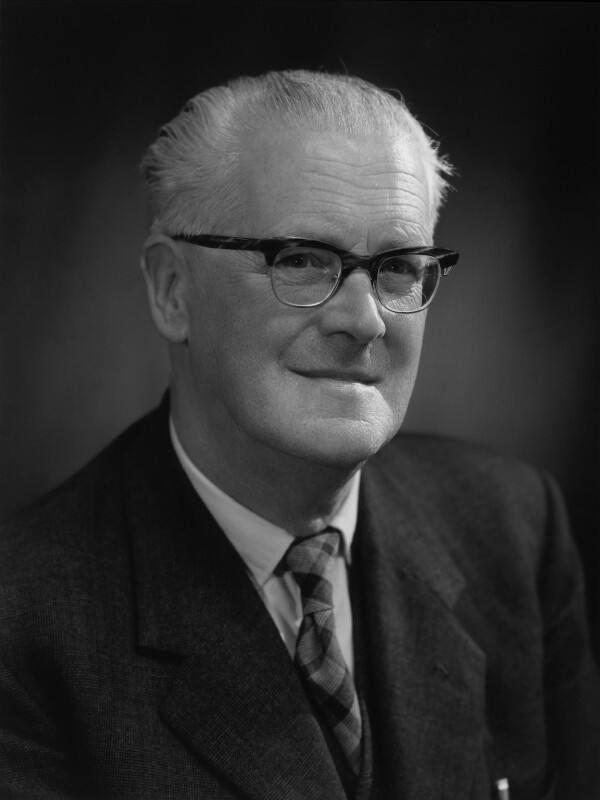
As a humanist, Brockway’s entire life’s work was inspired by his belief in equality, in the innate dignity of every man, woman, child and animal, and in his awareness and acceptance of both his and mankind’s place in the universe. As he once wrote, ‘my whole attitude to life is spiritual–a feeling of identification with all nature, all mankind, all life, the whole of the past, the whole of the future.’
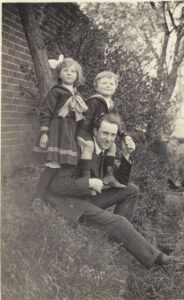
As well as being one of the most distinguished musicians of his time, he was, like Sir Hubert Parry before […]
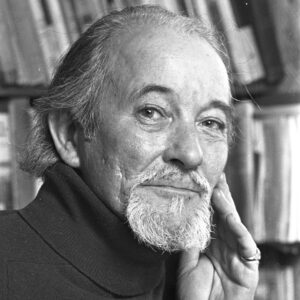
I think I was born a humanist. John D. Stewart, The Honest Ulsterman, May 1968 John D. Stewart was a […]
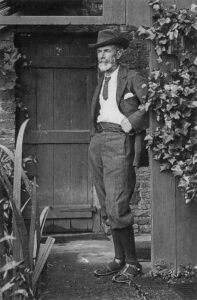
The British Society for the Study of Sex Psychology was officially formed in April 1914, ‘for the consideration of problems […]
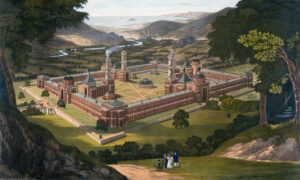
Socialism emerged, in the early decades of the nineteenth century, as a humanist ideal of universal emancipation – the ideal […]